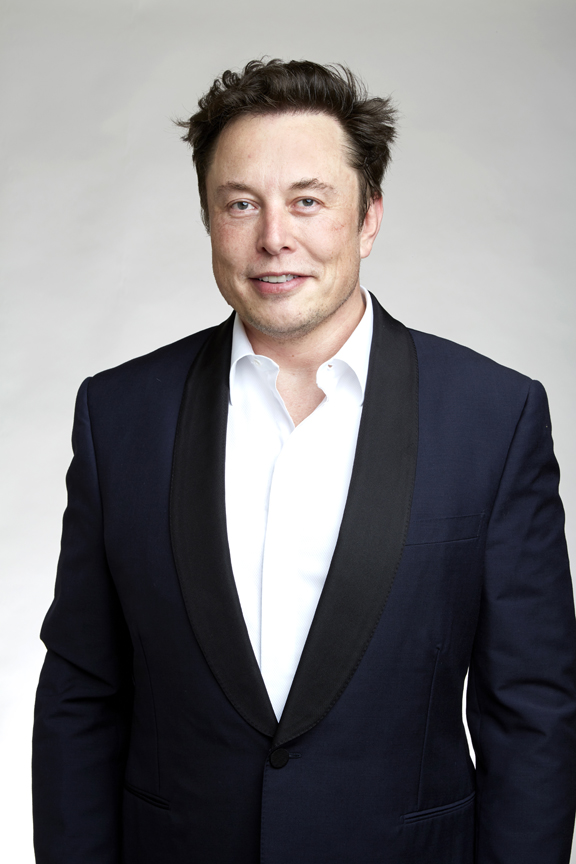Elon Musk Takes on Twitter: What Does This Mean for Free Speech?
Twitter’s future is uncertain under Elon Musk’s newfound influence.
April 9, 2022
On Monday, Elon Musk became Twitter’s biggest shareholder after buying a 9.2% stake in the social media site. The next day, Twitter announced that Musk would be appointed to its board. This move raises the following questions: what will this move mean for Twitter’s future? And more specifically, what will it mean for free speech on social media apps?
With over 80 million followers, Musk regularly uses Twitter to share company updates, jokes, memes, and questionable tweets. His tweets have roped him into legal trouble as well, where a Tesla-related tweet resulted in a securities fraud charge and a name-calling tweet led to a defamation lawsuit. Additionally, he is infamous for promoting misinformation regarding the COVID-19 pandemic. Although being an avid user of the platform, Musk has also been one of its loudest critics. In March, he tweeted “Given that Twitter serves as the de facto public town square, failing to adhere to free speech principles fundamentally undermines democracy.”
It can be inferred that these ‘failures’ Musk was referring to was about Twitter’s recent content moderation efforts in the past few years. These regulations targeted hate speech and misinformation, including those regarding major events such as the COVID-19 pandemic and the 2020 election. It also included removing accounts that break these guidelines, such as Donald Trump’s Twitter account. With his newfound power, experts warn that Musk might take steps towards promoting ‘free speech principles’ on the platform, by undoing the content moderation efforts implemented in previous years. Others take the situation more lightly, saying that these changes will not be as immediate or dooming.
Apart from free speech regulations, Musk also has an interest in restructuring the platform. He aims to reform user’s experience with a more personal algorithm that would allow users to customize and curate their feeds. Tracy Chou, CEO of the anti-harassment Twitter tool Block Party, says that “If we do want to allow people to say what they want to say, it will increase all forms of speech, including potentially the bad stuff… But you balance that by giving individuals more control over whether or not they want to engage.”


